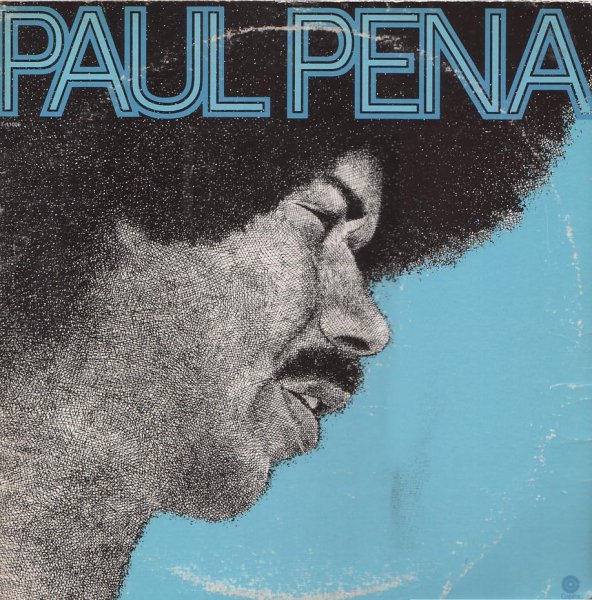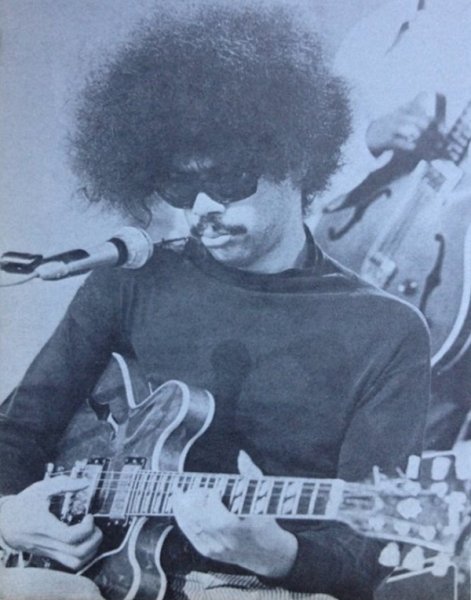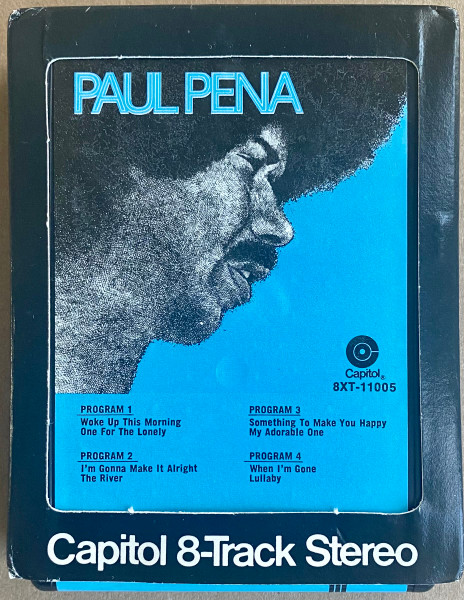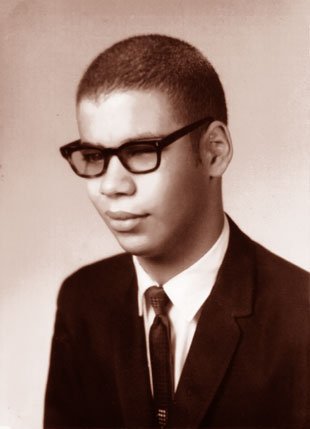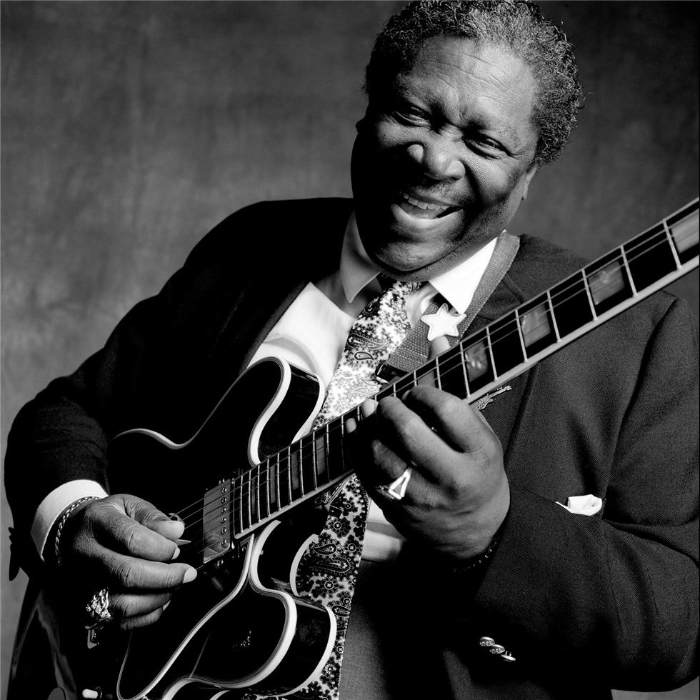Paul Pena

Blessed with perfect pitch, Hyannis, Massachusetts native Paul Pena combined the disparate sounds of Delta blues, jazz, flamenco, folk and rock into his truly distinctive style. Best known for writing Steve Miller’ 1977 megahit “Jet Airliner,” Pena later became an unlikely throat-singing icon in the Central Asian Republic of Tuva.
From his early days jamming at Clark University in Worcester, Massachusetts, he quickly transitioned to opening concerts for Frank Zappa and The Grateful Dead and showcased his incredibly deep voice alongside James Taylor, Joni Mitchell and Kris Kristofferson at a 1969 Newport Folk Festival workshop. He subsequently performed with blues greats T-Bone Walker, John Lee Hooker, B.B. King, Muddy Waters, Mississippi Fred McDowell and “Big Bones,” as well as providing bass guitar and backup vocals on Bonnie Raitt’s debut album.
He followed his well-received 1972 album Paul Pena (Capitol Records) with New Train, produced by keyboardist Ben Sidran of The Steve Miller Band. The album, which included “Jet Airliner,” featured Jerry Garcia, Merl Saunders and The Persuasions but, due to a dispute with Bearsville Records owner Albert Grossman, wasn’t released until 27 years after it was recorded; during that time, Pena was contractually prevented from releasing any other material. Eventually, Sidran gave a tape of New Train to Miller, who included his cover of “Jet Airliner” on his multi-platinum album Book of Dreams. Royalties from that rendition of the song – which Pena wrote about a flight he took from Boston to Montreal to begin touring with T-Bone Walker – sustained Pena in his later years.
Between 1984 and 1992, sparked by a fragment of harmonic throat-singing he heard on a shortwave Radio Moscow broadcast, Pena taught himself the vocal techniques of Tuvan music and the Tuvan language, using a combination of English-Russian and Russian-Tuvan dictionaries. His impromptu audition for the famous Tuvan throat-singer Kongar-ol Ondar prompted an invitation for him to perform at the second international Khoomei Symposium in 1995 in Kyzyl, Tuva, where he was affectionately nicknamed “Earthquake.” The award winning film Genghis Blues documents him taking first place in the Kargyraa division of the contest.
What makes Pena’s remarkable career most impressive is the fact he was born with congenital glaucoma and had gone completely blind by age 20. He died in 2005 from complications from diabetes and pancreatitis.
(by Michael Bialek)

